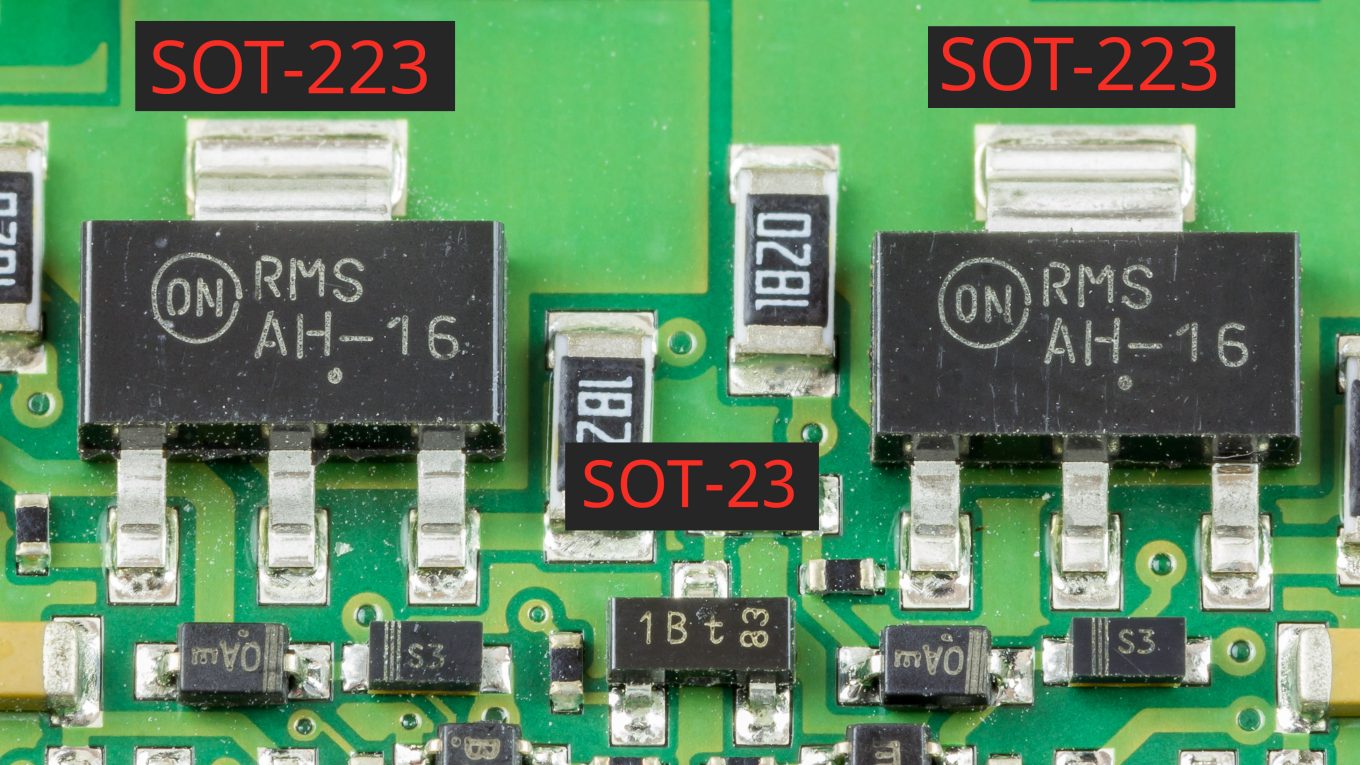Enhancing Electronics’ Lifespan: The Role of PCBA Coating
In the dynamic world of electronics, Printed Circuit Board Assemblies (PCBAs) play a crucial role in the functionality and performance of electronic devices. To ensure the longevity and reliability of these devices, manufacturers often employ protective measures, with one notable solution being PCBA coating. This blog explores the significance of PCBA coating in safeguarding electronic components, preventing corrosion, and ultimately extending the lifespan of electronic devices.
Understanding PCBA Coating:
PCBA coating, or conformal coating, is a protective layer applied to the surface of printed circuit board assemblies. This coating acts as a barrier against environmental factors, chemical contaminants, moisture, and other potential threats that can compromise the integrity of electronic components. The primary goal is to enhance the reliability and durability of PCBAs, especially in challenging operational environments.
Key Benefits of PCBA Coating:
- Corrosion Protection: PCBA coating serves as a shield against corrosion, which is a common issue in electronic devices, especially those exposed to harsh conditions. Corrosion can lead to malfunctioning components and reduced overall performance. The coating acts as a barrier, preventing corrosive substances from coming into direct contact with sensitive electronic parts.
- Environmental Resistance: Electronic devices are often exposed to a variety of environmental elements, including humidity, dust, and temperature fluctuations. PCBA coating provides resistance against these factors, reducing the risk of damage and maintaining optimal functionality in diverse operating conditions.
- Chemical Protection: In industrial settings or applications where chemicals are present, electronic components are susceptible to chemical damage. PCBA coating offers protection against chemical exposure, ensuring the longevity of the electronics even in environments with potentially corrosive substances.
- Improved Reliability: By providing a protective layer, PCBA coating contributes to the overall reliability of electronic devices. This is especially critical in applications where downtime or failure is not an option, such as medical devices, aerospace systems, and automotive electronics.
- Extended Lifespan: The enhanced protection provided by PCBA coating translates to a longer lifespan for electronic devices. As components are shielded from environmental stressors, the risk of premature failure is significantly reduced, leading to increased product durability and customer satisfaction.
Types of PCBA Coatings:
Several types of conformal coatings are available, each designed to address specific challenges. Some common types include acrylic, silicone, urethane, and epoxy coatings. The choice of coating depends on factors such as the application, environmental conditions, and the specific requirements of the electronic components.
Conclusion:
In the rapidly evolving landscape of electronics, the reliability and durability of electronic devices are paramount. PCBA coating emerges as a key solution to protect against environmental challenges, corrosion, and other potential threats. Manufacturers and engineers must consider the application-specific requirements when selecting the appropriate coating to ensure the optimal performance and longevity of electronic devices. With PCBA coating playing a vital role, the electronics industry can continue to advance with increased focus on sustainability, reliability, and overall product quality.
